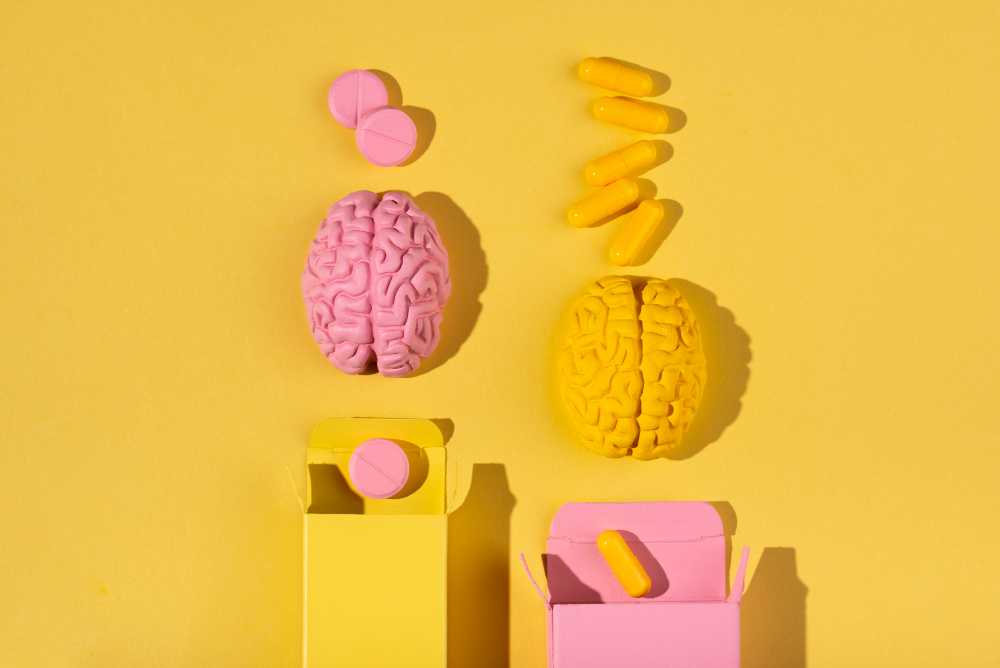The human brain is a marvel of complexity, serving as the command center for all our thoughts, emotions, and behaviors. But how exactly does the brain shape our emotional experiences, cognitive processes, and moral compass? Let’s embark on a fascinating journey into the inner workings of the brain to uncover its profound influence on our emotions, thoughts, and values.
Unraveling the Limbic System’s Secrets
At the heart of our emotional experiences lies the limbic system, a network of structures deep within the brain that regulates our emotions and motivations. The amygdala, in particular, plays a central role in processing emotional stimuli and generating responses such as fear, pleasure, and aggression. Through intricate neural circuits, the limbic system communicates with other brain regions to influence our emotional states, from the exhilaration of joy to the depths of despair.
Harnessing the Power of the Prefrontal Cortex
While the limbic system governs our emotional responses, the prefrontal cortex acts as the brain’s executive center, overseeing higher-order cognitive functions such as decision-making, problem-solving, and self-control. This region of the brain enables us to regulate our emotions, weigh the consequences of our actions, and align our behavior with our long-term goals and values. Through its connections with the limbic system, the prefrontal cortex plays a crucial role in modulating emotional reactivity and promoting rational thought processes.
Mapping the Circuitry of Thought and Emotion
The brain’s influence on emotions, thoughts, and values is mediated by a complex network of neural pathways that facilitate communication between different brain regions. Neurotransmitters such as serotonin, dopamine, and norepinephrine play key roles in modulating mood, cognition, and motivation, shaping our emotional experiences and cognitive processes. Dysfunction in these neural circuits can lead to psychiatric disorders such as depression, anxiety, and addiction, highlighting the profound impact of brain chemistry on mental health and well-being.
Weaving the Tapestry of Experience
Memory also plays a vital role in shaping our emotional responses and cognitive patterns. The hippocampus, a structure located deep within the brain, is responsible for encoding and retrieving memories, including those associated with emotional experiences. Emotionally charged memories, whether positive or negative, can influence our perceptions, beliefs, and behaviors, guiding us in navigating similar situations in the future. By integrating emotional memories into our cognitive framework, the brain enriches our understanding of ourselves and the world around us.
The Brain’s Remarkable Capacity for Change
One of the most remarkable features of the brain is its ability to adapt and rewire itself in response to experiences, a phenomenon known as neuroplasticity. Through a process of synaptic pruning and neural reorganization, the brain continuously reshapes its structure and function throughout life, shaping our emotional responses, cognitive abilities, and moral values. By harnessing the principles of neuroplasticity through practices such as mindfulness, cognitive-behavioral therapy, and meditation, we can cultivate healthier thought patterns, emotional resilience, and ethical behavior.
Contextualizing Brain Function
While the brain exerts a profound influence on our emotions, thoughts, and values, it does not operate in isolation from its sociocultural context. Societal norms, cultural beliefs, and interpersonal relationships shape our emotional experiences and moral judgments, influencing the development of neural circuits and cognitive processes. By understanding the interplay between brain function and sociocultural influences, we can gain insights into the complex dynamics that shape human behavior and society.
Navigating the Landscape of the Mind
In conclusion, the brain’s influence on emotions, thoughts, and values is vast and multifaceted, encompassing a complex interplay of neural networks, neurotransmitters, memory systems, and sociocultural factors. From the primal instincts of the limbic system to the rational deliberations of the prefrontal cortex, the brain orchestrates a symphony of activity that shapes our every thought, feeling, and action. By delving into the mysteries of the mind, we gain a deeper understanding of ourselves and the intricate mechanisms that govern human behavior and consciousness.
